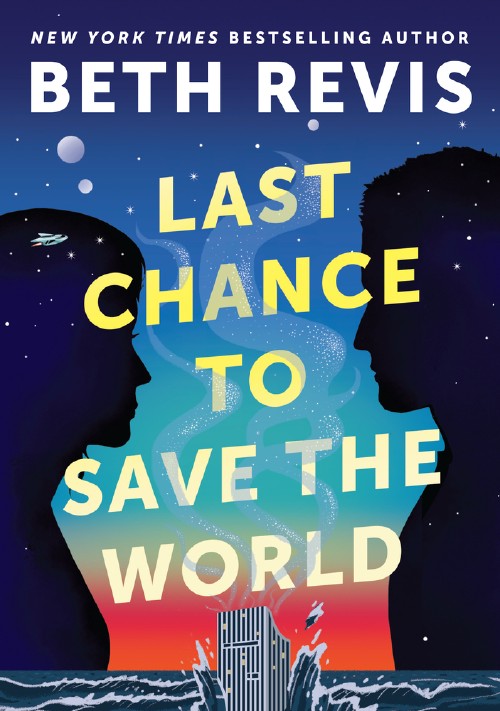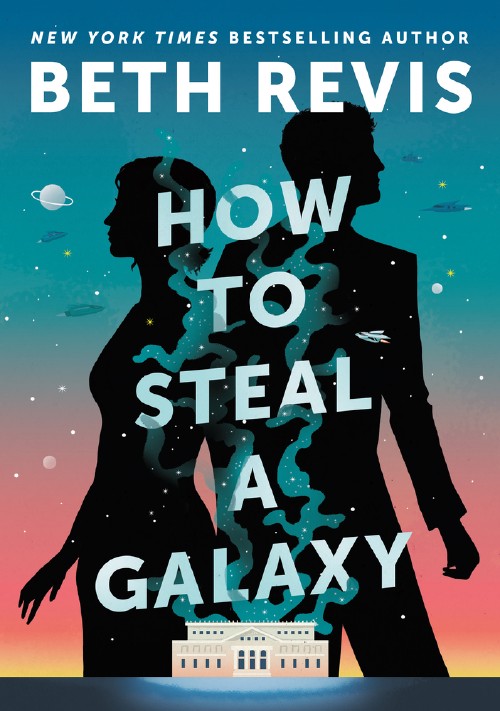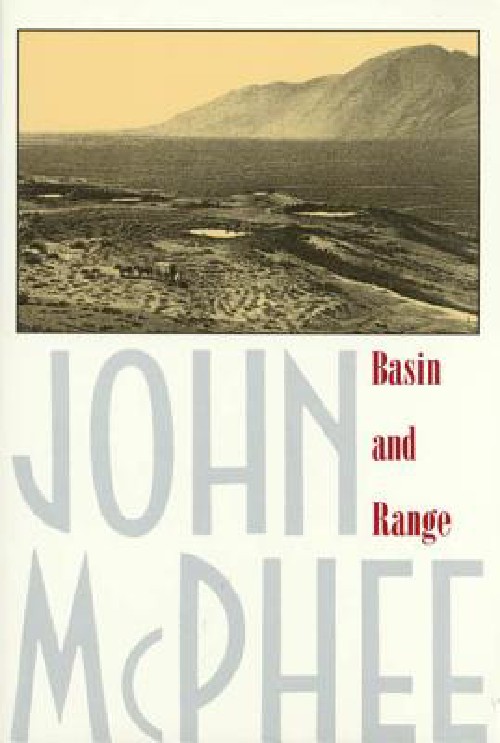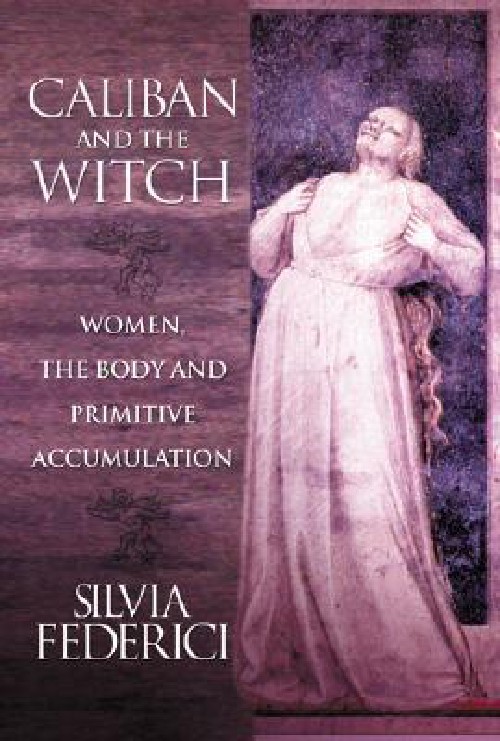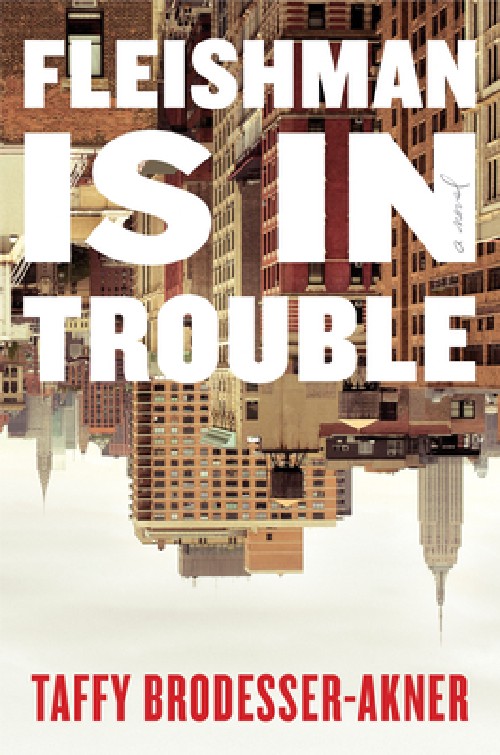
Fleishman is in Trouble
Copyright 2019, Random House
Fiction
“Toby blinked. He had no recollection as to how he’d gotten here. He had thought they were even, but they weren’t. They never would be. When he was seventeen, he got into a car accident with his parents’ Volvo. The next three days, all he could think was: What if I’d left exactly one minute earlier? What if I hadn’t stopped for gas? It drove him crazy, and more than that, it didn’t matter. It didn’t matter because it wasn’t the reality he was living. What if he had taken that job? Or what if he’d been open to talking about it? What if his lab had flourish and his grant had been renewed? What if he’d never gone to the party where he met Rachel? What was the point in even asking? Do you see why he didn’t want to talk about the block universe anymore? Because somewhere, in one of them, he was still a hopeless idiot who didn’t see this all coming.” (pp 119)
“How could it be? he wondered. How could it be that you take extremely difficult, extremely healthy steps to get your life in order only to have the person you extracted yourself from more in charge of your happiness and well-being than she ever was?” (pp 212)
“What had he been thinking, raising his children among these people? He’d forgotten something essential about life, which was to make sure his children understood his values. No matter how many times you whispered your values to them, the thing that spoke louder was what you chose to do with your time and resources. You could hate the Upper East Side. You could hate the five-million-dollar apartment. You could hate the private school, which cost nearly $40,000 per kid per year in elementary school, but the kids would never know it because you consented to it. You opted in. You didn’t tell them about your asterisks, how you were secretly and privately better than the world you participated in, despite all outward appearances. You thought you could be part of it just a little. You thought you could get the good out of it and leave the bad, but there’s so much work involved in that, too.” (pp 254)
“Look what a friendship could still be after all these years. It was a miracle, the pain that could be survived. It was a miracle what two people could move on from. It was a miracle what two people can see each other go through and still have love for each other.” (pp 291)
“And there was also a small tinge of this other thing, which was that she couldn’t ever quite think about these women without wondering what else she had in common with them. They also didn’t know if they’d been born targets, or if this just happened to them because they existed. There were so many ways of being a woman in the world, but all of them still rendered her just a woman, which is to say: a target.” (pp 317)
“The fog made me directionless, until one day, I found myself scrolling through stupid Facebook, whose passive stream gave me room to wonder, and I thought: How could I find my way back to a moment where my life wasn’t a flood of obligations but an endless series of choices, each one designed to teach me something about existence and the world as opposed to marring me for life? At some point, I don’t remember when, I had taken all my freedom and independence, and pushed them across the poker table at Adam and said “Here, take my jackpot. Take it all. I don’t need it anymore. I won’t miss it ever.” (pp 364)
